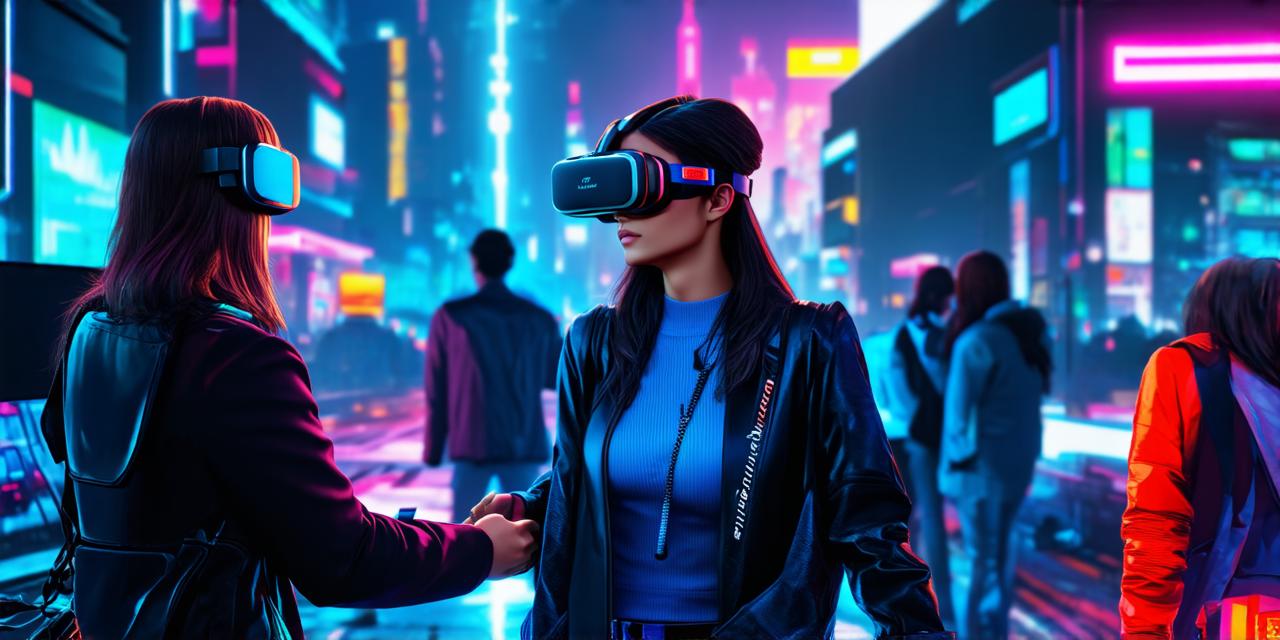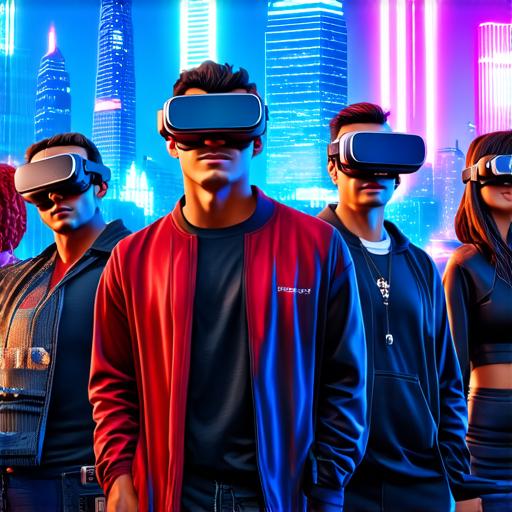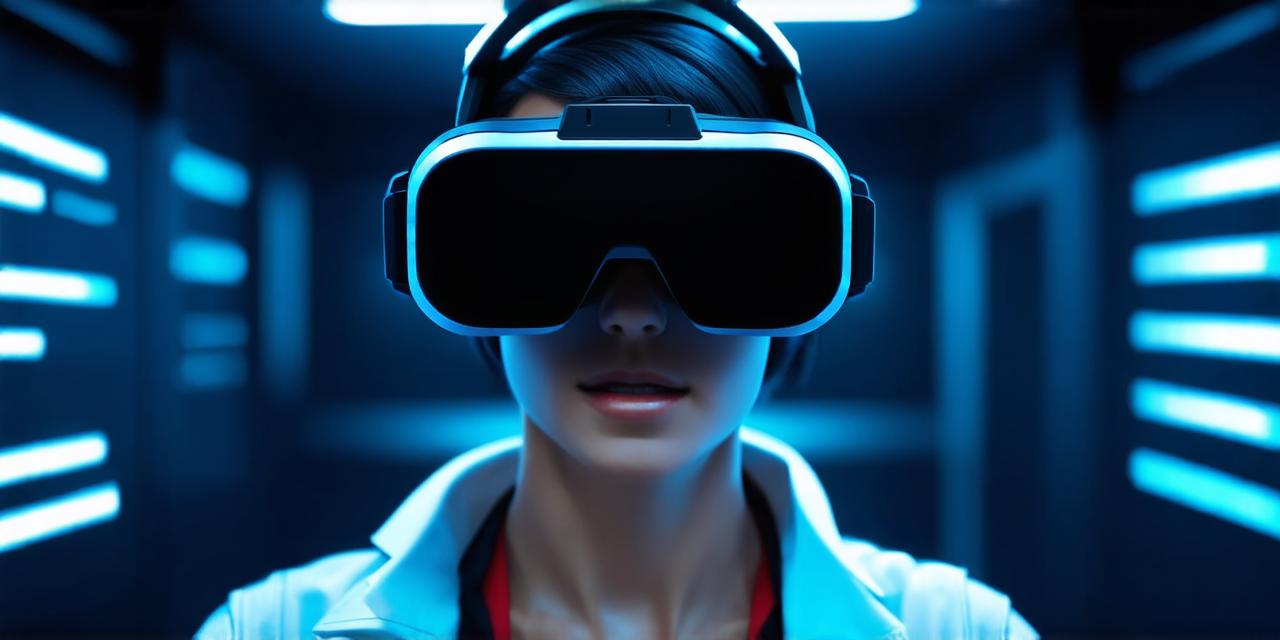
Will we live in VR in the future?
Virtual reality (VR) has been a fascinating technology for decades, promising to transport users into immersive digital worlds that can be explored with their eyes, ears, and sometimes even hands. In recent years, there has been tremendous progress in VR hardware and software, making it more accessible and affordable than ever before. However, the question remains: will we live in a virtual world in the future?
Table of Contents
ToggleVirtual Reality vs. Reality

Before we delve into the future of VR, it’s important to understand what VR is and how it works. VR technology involves wearing a headset that tracks your movements and displays a digital image that simulates your surroundings. This creates an illusion of being in a different environment, which can be incredibly realistic or completely fantastical.
While VR has its limitations, it’s already transforming the way we live our lives. For example, surgeons are using VR to train for procedures, and architects are using VR to design buildings before they are built. However, some people believe that VR could eventually replace reality entirely.
The Future of VR
There are several reasons why VR may become a more dominant part of our lives in the future. For one, VR technology is constantly improving, and as it does, it’s becoming easier to create increasingly realistic simulations. This means that VR could be used for everything from entertainment to education to training for high-risk professions like firefighting or space exploration.
Another reason why VR may become more prevalent is because of its potential for social interaction. With VR, people could potentially interact with others in a virtual world that feels just as real as the physical world. This could be especially useful for people who have difficulty socializing in person, such as those with autism or anxiety disorders.
Virtual Reality and the Environment
Some people worry that VR could contribute to environmental destruction by encouraging people to spend less time in the real world. While it’s true that VR technology requires energy to create and maintain, there are ways to make it more environmentally friendly. For example, VR headsets can be made from recycled materials, and software developers can use more efficient coding techniques to reduce the amount of power required to run a VR simulation.
The Future of Virtual Reality is Uncertain
Despite all the potential benefits of VR technology, it’s still uncertain what the future holds. It’s possible that VR will continue to be a niche technology used primarily for entertainment and gaming. However, it’s also possible that VR will become an integral part of our daily lives, just like the internet or smartphones before it.
Regardless of what happens, it’s clear that VR technology is here to stay. Whether we live in a virtual world or continue to interact with reality, there’s no doubt that VR will continue to transform the way we experience our world.

